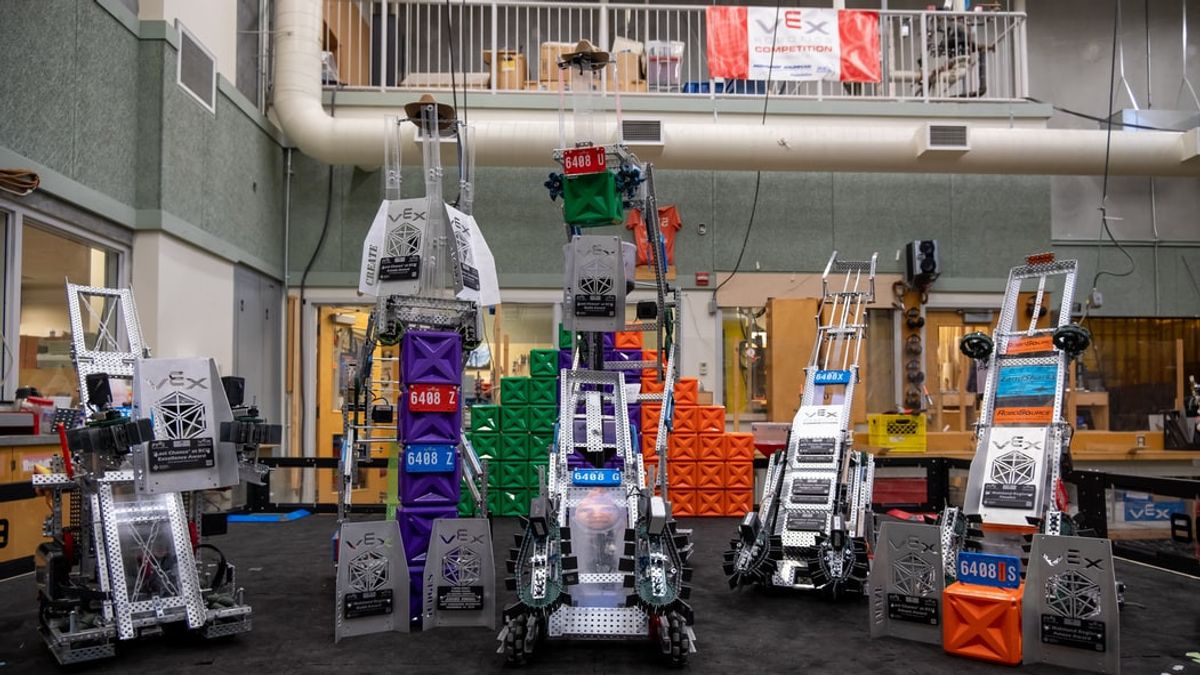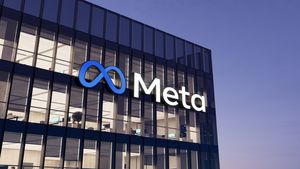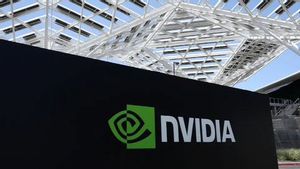Jakarta – Silicon Valley has a new way to persuade small companies to automate, namely through leasing robots.
Better technology and the need to pay higher wages to humans have resulted in a surge in sales of robots to major corporations across America. But few of these automations have succeeded in making smaller factories wary of high upfront costs and a shortage of robotic engineering talent.
Now venture capitalists are supporting a new financial model of leasing robots, installing and maintaining them, billing factories by the hour or month, cutting risk and startup costs.
Saman Farid, a former venture capitalist who invested in robots for more than a decade is starting to see the challenge of getting robots into factories. He founded Formic Technologies which leases robots with backing from Lux Capital and Initialized Capital, early investors in self-driving technology startup Cruise.
Initialized Capital Partner Garry Tan saw the confluence of cheaper and better robotic computer visions and artificial intelligence technology, low interest rates, and the threat of US-China tensions on supply chains fueling interest in robotic subscriptions.
“This is at the center of the three biggest mega-trends that are driving entire societies right now,” said Tan.
Technicians and small business owners don't always understand each other, a dilemma that led an industry group, the Manufacturing Technology Association, to set up an office in San Francisco a few years ago, to bring the two together.
The leasing model places a lot of financial burden on robotic startups which carries the risk of manufacturers losing contracts or changing products. Smaller factories often have small, more customized products that are not up to par with robots.
Silicon Valley Robotics, an industry group that supports robotic startups, says that in the past, funding has been a challenge. However, some of the top investors joined.
Tiger Global, this year's biggest tech startup financier, has backed three robot companies offering subscriptions in seven months.
Melvin the robot
Bob Albert, whose family owns Polar Hardware Manufacturing, a 105-year-old metal stamping factory in Chicago, bought Formic pitch to pay less than $10 an hour for a robot, compared to paying an average of more than $20 an hour for workers. man.
This month, he watched as a robotic arm took a metal bar from a trash can, spun it around and placed it on an older machine that bent it into a 42-inch door handle.
“If the robot works really well, we will use it a lot,” said Albert, who was pleased with the initial results. "If that doesn't work, neither of us comes out very well. We have less skins in the game and they have some skins in the game."
Westec Plastics Corp., a family-owned plastic mold manufacturer in Livermore, California, got its first robot in January 2020. They now have three robots named Melvin, Nancy and Kim, from Rapid Robotics at a cost of $3,750 per month per robot in the first year and 2,100 US dollars in the second year.
"Melvin operates 24 hours a day, all three shifts and it replaces three full operators," said President Tammy Barras. He claims to have saved about $60,000 in labor costs a year with just one robot.
“We had to raise our wages quite significantly this year because of what is happening in the world. Fortunately, Melvin has not increased his salary. He didn't ask for a raise," Barras said.
Barras, who has 102 employees, says robots cannot replace humans today because they can only perform simple repetitive tasks like picking up a round plastic cylinder and sticking the company logo on the correct side.
Jordan Kretchmer, co-founder and CEO of Rapid Robotics, said he faced some skepticism. “Many times we come in and there are graves of robots they bought in the past,” he said. But he adds, "robots can be easy and they work when they're in the hands of the right people."
The English, Chinese, Japanese, Arabic, and French versions are automatically generated by the AI. So there may still be inaccuracies in translating, please always see Indonesian as our main language. (system supported by DigitalSiber.id)













